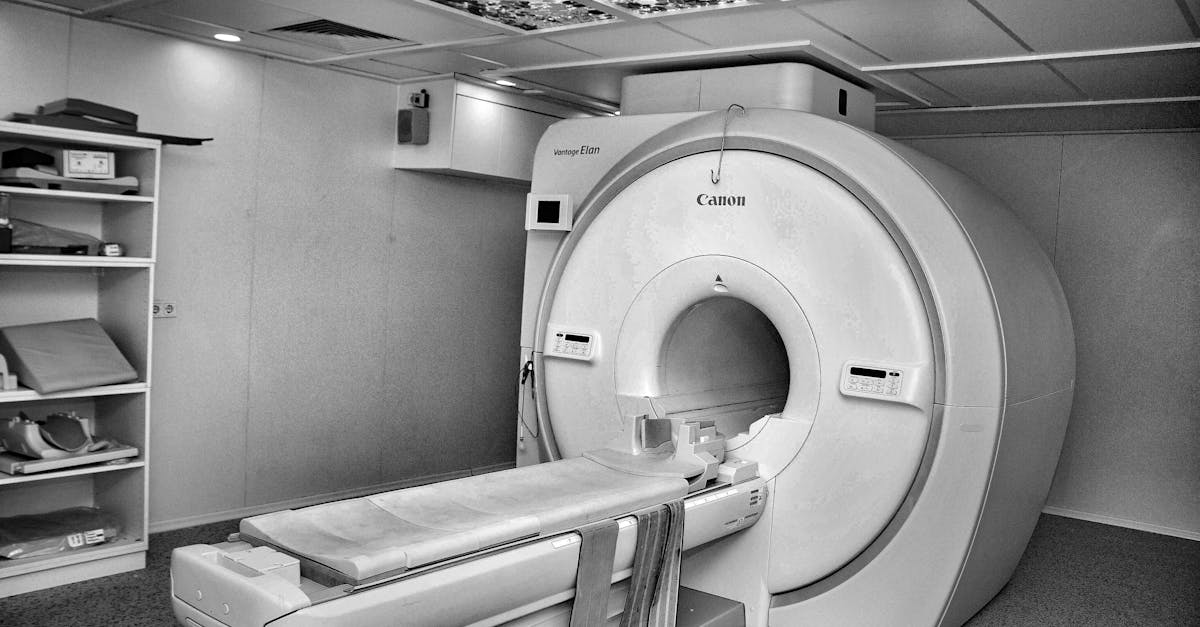Effective Medical Appointment Management: KPIs and Automation via Tadawi
Appointment management is the cornerstone of success for any medical facility, whether it's a small clinic or a large medical center. Failure to organize appointments not only wastes the time of doctors and staff but also leads to significant financial losses and a negative patient experience. This is where advanced technological solutions come in, transforming this complex process into a seamless and organized system. Achieving Effective medical appointment management: KPIs and automation via Tadawi is not just a goal; it's a strategic necessity to ensure growth and sustainability. The modern approach relies on an integrated system that combines tracking Key Performance Indicators (KPIs) with smart automation processes, such as what the Tadawi system offers, aiming to reduce cancellations, increase patient compliance, and maximize the efficiency of medical resources.

Why is Traditional Appointment Management No Longer Sufficient?
In the past, clinics relied on paper records and phone calls to organize appointments. While simple, this method was fraught with challenges that negatively impacted workflow. These challenges included human error in registration, difficulty tracking patient records, and the excessive time staff spent confirming appointments and reminding patients. All these factors lead to organizational chaos, increased no-show rates, and decreased patient satisfaction. With rising patient expectations for fast and easy services, it has become essential to adopt an approach based on Digital Transformation to deliver a better experience and achieve higher operational efficiency.
The Foundation of Success: Monitoring KPIs through Tadawi
You can't improve what you can't measure. The Tadawi system provides an advanced reporting dashboard that allows clinic management to monitor a range of Key Performance Indicators, offering deep insights into the effectiveness of appointment scheduling processes. This data is the compass that guides strategic decisions for performance improvement.
Effective medical appointment management: KPIs and automation via Tadawi
The following table illustrates the most important of these indicators and how to use them:
| Key Performance Indicator (KPI) | Importance for the Clinic | How Tadawi Helps |
|---|---|---|
| Show Rate | Measures patient compliance with their booked appointments. A high show rate means optimal use of the doctor's time and increased revenue. | Provides accurate reports on the show rate for each doctor or the clinic as a whole, helping to identify weaknesses. |
| Cancellation Rate | Indicates the number of appointments that have been canceled. A high rate may signal an issue with cancellation policies or communication difficulties. | Allows analysis of cancellation reasons and identification of peak cancellation times, enabling more flexible policies. |
| No-Show Rate | Represents the biggest loss for the clinic, as the time slot remains booked without generating any revenue. | Helps identify frequently absent patients to send them extra reminders or apply special policies. |
| Peak Days and Times | Identifying periods of high demand or frequent absences helps optimize the allocation of resources and staff. | Provides graphical analysis showing peak times, allowing for adjustments in working hours or increasing staff during those periods. |
From Data to Decisions: The Power of Analytics in Tadawi
Simply having data is not enough; the real power lies in the ability to analyze it and use it to make informed decisions. The Tadawi system transforms raw numbers into actionable insights. For example, if reports show that the cancellation rate is high on Wednesdays, management can investigate the cause. It could be related to a specific doctor's schedule or even external factors. Based on this knowledge, actions can be taken, such as adjusting working hours, sending extra reminders for appointments on that day, or implementing a stricter cancellation policy. This evidence-based approach ensures that every decision made aims to improve efficiency and better manage the Revenue Cycle Management.

Automation: The Silent Engine of Increased Efficiency
Automation plays a pivotal role in achieving Effective medical appointment management: KPIs and automation via Tadawi. The Tadawi system relies on a set of automation technologies that work in the background to ensure a seamless experience for both the patient and the clinic. These technologies include:
- Online Booking: Allowing patients to book, modify, or cancel their appointments online at any time and from anywhere, without needing to call the clinic. This reduces the burden on reception staff and provides great convenience for patients.
- Automated Reminders: Sending automatic reminders via SMS or apps like WhatsApp 24 or 48 hours before the appointment. This method has proven highly effective in reducing the no-show rate, with some experiences reporting an increase in attendance confirmation rates of over 70%.
- Appointment Confirmation: Sending messages asking the patient to confirm their attendance, which allows the clinic to identify potential open slots and offer them to other patients on the waiting list.
Tangible Results: How Tadawi Changes the Reality of Clinics
The combination of KPI tracking and smart automation leads to practical and tangible results that radically change a clinic's performance. By using a system like Tadawi, clinics can achieve the following:
- Increased Attendance Rates: Thanks to automated reminders and easy communication, patients are less likely to forget their appointments, leading to a significant increase in the show rate.
- Reduced Financial Losses: Every missed appointment is lost revenue. By reducing no-show and last-minute cancellation rates, the system helps protect the clinic's revenue and improve its financial stability.
- Improved Patient Experience: When a patient can easily book an appointment and receive timely reminders, they feel valued and respected. This positive experience enhances patient loyalty and increases the likelihood of them recommending the clinic to others.
- Increased Team Productivity: When reception staff are freed from routine tasks like calling to confirm appointments, they can focus on providing better care to patients present in the clinic and resolving more complex issues.

A Holistic View: Tadawi as Part of an Integrated Clinic Management Ecosystem
It is important to recognize that appointment management is not an isolated process but an integral part of a comprehensive Clinic Management system. The Tadawi system seamlessly integrates with other modules such as electronic medical records, billing, and Insurance Management. This integration means that when an appointment is booked, it is automatically linked to the patient's file, and when the visit is over, the invoice is generated smoothly. This linkage ensures a harmonious workflow and reduces data entry duplication, enhancing the overall efficiency of the medical facility.
Glossary of Key Terms
For a deeper understanding, here are definitions of some key terms used in this field:
- Clinic Management: The comprehensive approach to organizing all operational, administrative, and financial aspects of a medical facility to ensure the delivery of high-quality care efficiently.
- Revenue Cycle Management (RCM): The financial process that manages claims, billing, and payments resulting from patient care services, from appointment booking to full payment collection.
- Digital Transformation: The integration of digital technology into all areas of a clinic's operations, fundamentally changing how value is delivered to patients and improving internal processes.
- Insurance Management: The process of dealing with insurance companies, including eligibility verification, claim submission, and follow-up to ensure the clinic is reimbursed financially.
- Reducing Clinic Operating Costs: Strategies and measures aimed at lowering operational expenses without compromising the quality of care, such as automating administrative tasks.
Frequently Asked Questions about Medical Appointment Management
Q1: How can a system like Tadawi handle different appointment types, such as a new patient visit versus a follow-up?
A: The Tadawi system allows for the classification of appointment types and the allocation of different time slots for each. For example, 30 minutes can be allocated for a new patient visit and only 15 minutes for a follow-up. This ensures the doctor's schedule is precisely organized and prevents appointment overlaps.
Q2: What happens if a patient tries to book an appointment when the doctor is unavailable?
A: The system automatically blocks out times when the doctor is unavailable, whether they are on vacation or have other commitments. These times do not appear as available options for patients during online booking, preventing scheduling errors.
Q3: Can the reminder messages sent to patients be customized?
A: Yes, the Tadawi system offers high flexibility in customizing the content of reminder messages. The clinic can add important information such as the doctor's name, the clinic's address, and special pre-visit instructions, making the message more useful for the patient.
Q4: How does the system help manage last-minute cancellations?
A: When an appointment is canceled, the system immediately updates the schedule and shows the time as available for booking. Additionally, the system can send automated notifications to patients on a waiting list, informing them of the newly available slot, which helps fill gaps quickly and reduce losses.
Conclusion: Towards a More Efficient and Organized Future
In conclusion, Effective medical appointment management: KPIs and automation via Tadawi is no longer just an option; it is an essential component for the success of any modern clinic. Using an integrated tool like the Tadawi system is not limited to recording and booking appointments but extends to a smart system for monitoring and analyzing performance indicators, activating automation to improve patient compliance, reducing cancellations, and ultimately, significantly increasing the efficiency and profitability of the medical center. It is an investment in technology that yields direct benefits for both the clinic and its patients.
If you’d like to discover more strategies for boosting sales in your clinic, you can request a free quote for the Tadawi Clinic Management System. For frequently asked questions, click here.

